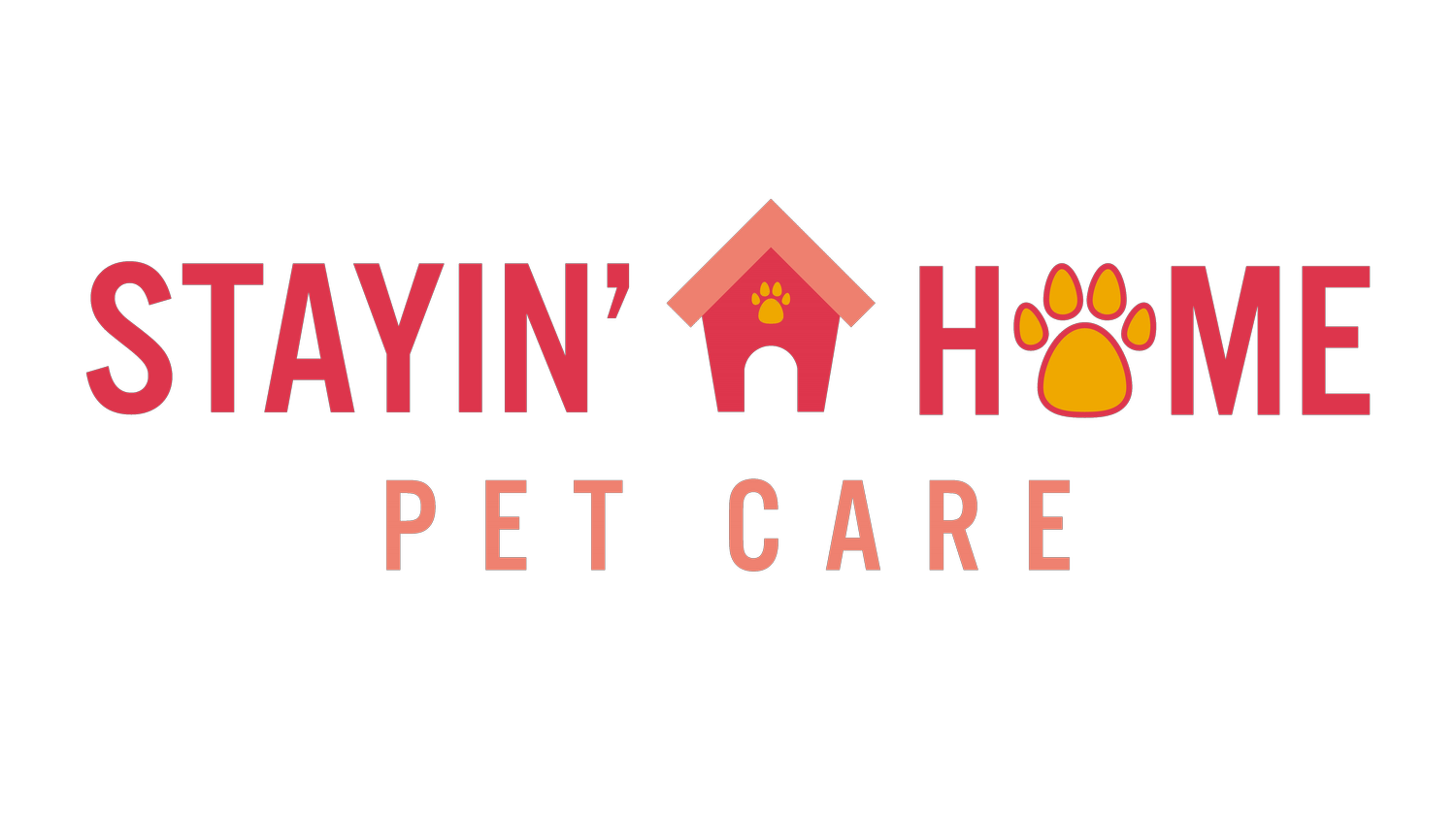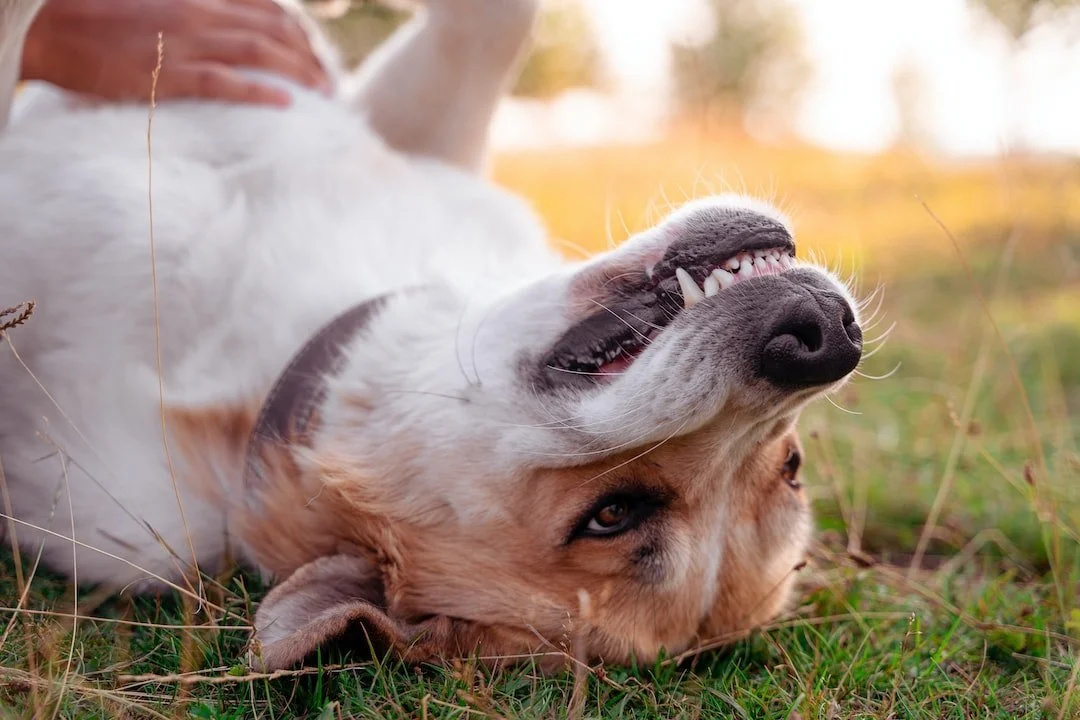Brushing Your Dog's Teeth- A Great Habits For Your Dog
Doggy breath may not be the favorite thing about our pets, but it can be an indicator of your pup's dental health. One of the main causes of bad breath in dogs is plaque build-up on their teeth. And on average, the majority of dogs need extensive dental cleaning by the age of three. However, by incorporating healthy habits, you can ensure your dog's teeth stay healthy while also minimizing their chances of needing to go under anesthesia for a dental procedure. Here's what you should know about brushing your dog's teeth and other helpful dental habits.
The Down and Dirty About Brushing Your Dog's Teeth
Just like humans, dogs require regular brushing. In fact, pet owners are encouraged to brush their dog's teeth every day. However, most pet owners struggle to find time to incorporate this habit daily. Additionally, most dogs don't enjoy the feeling of foreign objects scrubbing their mouths and so make it a challenge to accomplish. Vets recommend first acclimating your dog to the feel of the toothbrush. Let them lick the toothpaste off the brush first and gently scrub a front tooth or two. This may take several attempts, so patience is key! You should be able to slowly brush for longer sessions each time until you can brush all of their teeth. Be sure to choose an appropriately-sized brush for your pet's mouth. Additionally, some dogs may prefer a finger toothbrush as opposed to a traditional style. In reference to toothpaste, you can find some great options at your local pet store. Popular flavors include chicken, beef, and bacon! You can even make your own toothpaste by mixing bone broth, baking soda, and coconut oil.
Digestive Enzymes: Your Dog's Next Best Friend
So, what can you do besides brushing your dog's teeth? Adding digestive enzymes to their diet can help provide additional support to your dog's dental health. These enzymes (especially amylase) are great at breaking down food and plaque on your dog's teeth. In most cases, you can find them in powder form that you can add to their food or water. You can also find digestive enzymes pill form. Regardless of which option you choose, adding this supplement to your pet's diet is a great move for any pet owner.
Recreational Bone- An All-Natural Method of Brushing Your Dog's Teeth
Well, in this case, your dog is the one brushing their own teeth! Natural, uncooked bones or elk antlers are an excellent way for your pup to take their dental health into their own paws. Plus, it provides both physical and mental stimulation, as well as acts as a major source of nutrients. Keep in mind that bones aren't always an appropriate choice for every dog, If your pup tends to be a strong chewer, they may end up breaking a tooth. So, monitor them closely if you decide to try this option. And no matter what type of dog you own, be sure to supervise them while they chew.
Brushing your dog's teeth and incorporating these other habits can ensure excellent dental health for your dog, keeping them healthy and happy!

